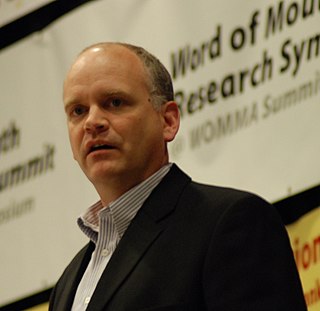A Quote by Emily Giffin
In days that follow, I discover that anger is easier to handle than grief.
Related Quotes
When poets die, other poets take it personally, almost as an affront. A lot of us "left behind" are thinking that poetry is the one thing keeping us alive and present, so what does it mean when one of our ranks chooses to end his or her life? There's an anger beneath the grief, you know? That anger and grief, in turn, breeds other poems from those of us left behind.
Life is like any other contact sport; you’re gonna get your knocks. But it’s not the knocks that count, it’s how you handle them. If you handle them with anger, distrust, jealousy, hate, this in return is what you’re going to get. But if you handle these knocks with love and understanding, they don’t mean much. They just dissipate.



































